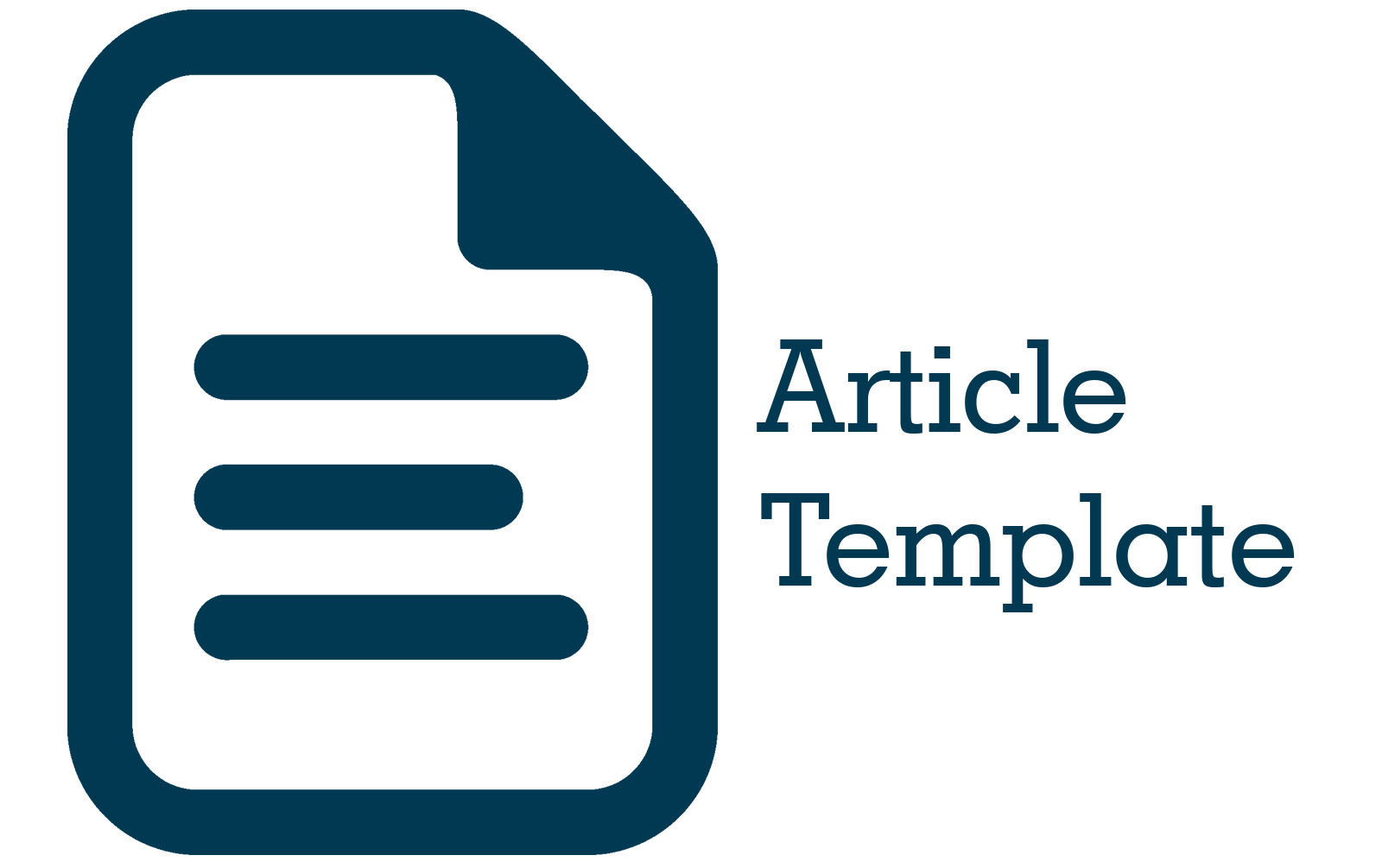Pengaruh Penggunaan Metode Bermain Peran terhadap Perkembangan Kemampuan Berbahasa Anak Usia Dini Kelompok B di TK Telkom Buah Batu
Abstract
Abstract. This research is based on the existence of obstacles in improving language skills in early childhood. These obstacles are in the form of: there are some children who cannot answer questions with complaints, there are some children who still find it difficult to express what they want, there are some children who find it difficult to use simple sentences. The type of research used by the researcher is PTK research or classroom research to improve the quality of learning in the classroom. The researcher used a random sampling technique to determine the research sample. The population used was 15 children and the sample in this study was children in the BTK Telkom Buah Batu class. The instruments used are cheklis with the assessment categories of undeveloped (BB), starting to develop (MB), developing according to expectations (BSH), developing very well (BSB). The data collection technique is through observation. The researcher used the P. test. Based on the research that the author has conducted 4 times, it consists of: observation (pretest) without being given treatment and after being given treatment with 3 cycles. The results were obtained that before being given treatment to children, the child's language proficiency before being given treatment was 21.4% and after receiving treatment in cycles 1, 2, and 3 through the role-playing method, the average children's ability increased to 88.1%. This proves that the role-playing method can improve language skills in early childhood.
Abstrak. Penelitian ini dilatar belakangi karena adanyakendala dalam meningkatkan kemampuan bahasa pada anak usia dini. Kendala tersebut berupa: adanya sebagian anak yang belum bisa menjawab pertanyaan dengan komples, adanya sebagian anak yang masih sulit menungungkapkan apa yang diiginkannya, adanya sebagian anak sulit enyusun kalimat sederhana. Jenis penelitian yang peneliti gunakan adalah penelitian PTK atau penelitian kelas guna meningkatkan kualitas pembelajaran di kelas. Peneliti menggunakan teknik random sampling untuk menentukan sampel penelitian. Populasi yang digunakan 15 orang anak dan sampel dalam penelitian ini adalah anak di kelas BTK Telkom Buah Batu. Instrument yang digunakan yaitu cheklis dengan kategori penilaian belum berkembang (BB), mulai berkembang (MB), berkembang sesuai harapan (BSH), berkembang sangat baik (BSB). Teknik pengumpulan datanya yaitu melalui observasi. Peneliti menggunakan uji P. Berdasarkan penelitian yang telah penulis lakukan sebanyak 4 kali terdiri dari :observasi(pretest) tanpa diberikan perlakuan dan setelah diberikan perlakuan dengan 3 siklus. Diperoleh hasil bahwa sebelum diberikan perlakuan kepada anak kemampaun bahasa anak sebelum diberikan perlakuan sebesar 21,4 % dan setelah mendapatkan perlakuan di siklus 1,2,dan 3 melalui metode bermain peran didapatkan rata-rata kemampuan anak meningkat menjadi 88,1%%. Hal ini membuktikan bahwasanya metode bermain peran dapat meningkatkan kemampuan berbahasa pada anak usia dini.
References
This research is based on the existence of obstacles in improving language skills in early childhood. These obstacles are in the form of: there are some children who cannot answer questions with complaints, there are some children who still find it difficult to express what they want, there are some children who find it difficult to use simple sentences.
The type of research used by the researcher is PTK research or classroom research to improve the quality of learning in the classroom. The researcher used a random sampling technique to determine the research sample. The population used was 15 children and the sample in this study was children in the BTK Telkom Buah Batu class. The instruments used are cheklis with the assessment categories of undeveloped (BB), starting to develop (MB), developing according to expectations (BSH), developing very well (BSB). The data collection technique is through observation. The researcher used the P. test.
Based on the research that the author has conducted 4 times, it consists of: observation (pretest) without being given treatment and after being given treatment with 3 cycles. The results were obtained that before being given treatment to children, the child's language proficiency before being given treatment was 21.4% and after receiving treatment in cycles 1, 2, and 3 through the role-playing method, the average children's ability increased to 88.1%. This proves that the role-playing method can improve language skills in early childhood.
Keywords : early childhood, Children's Language, Role Play.











